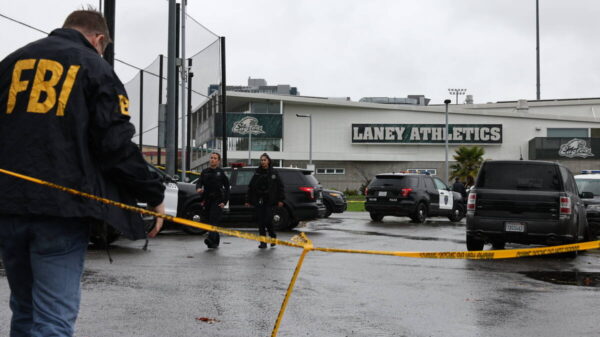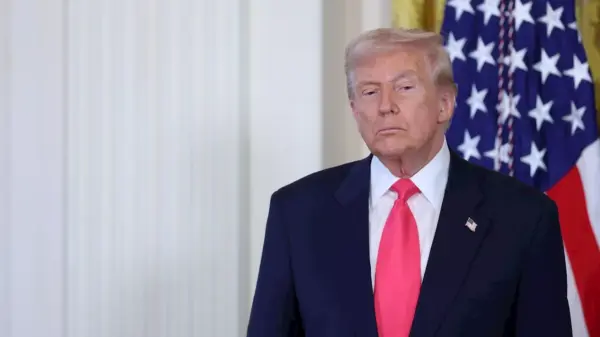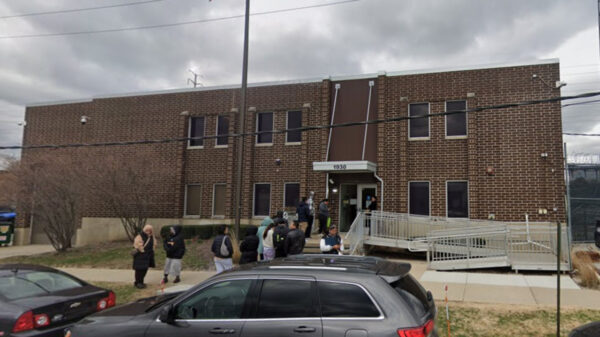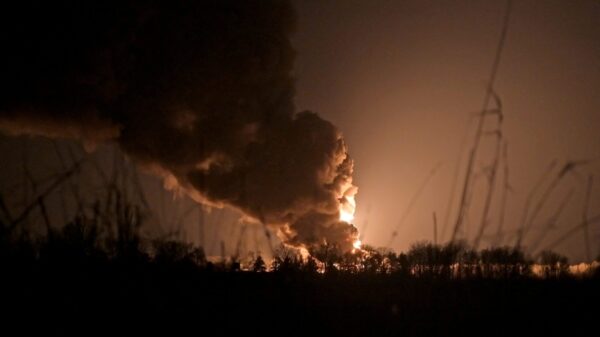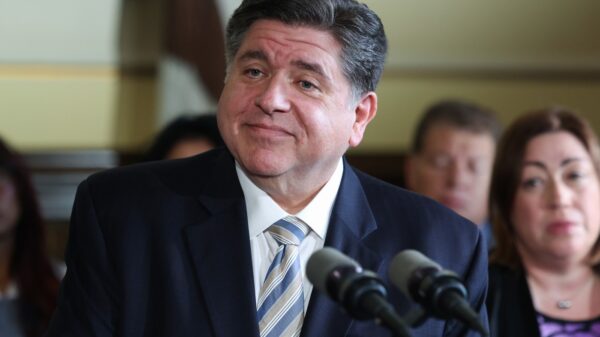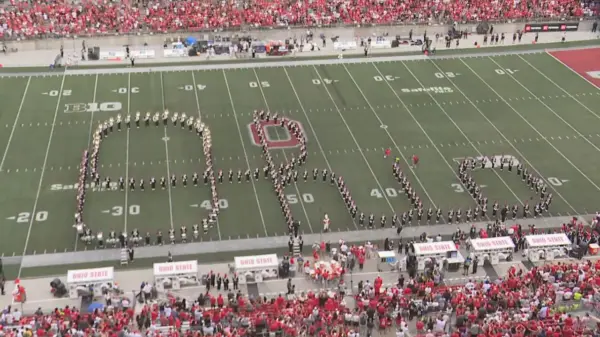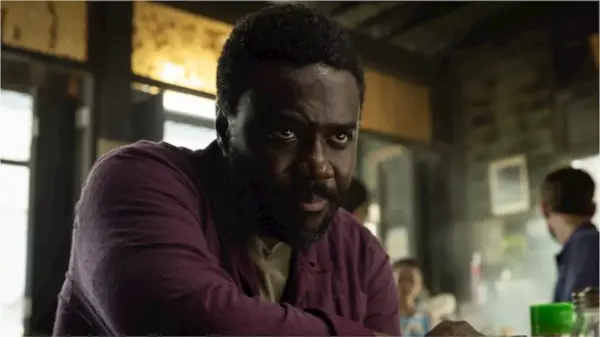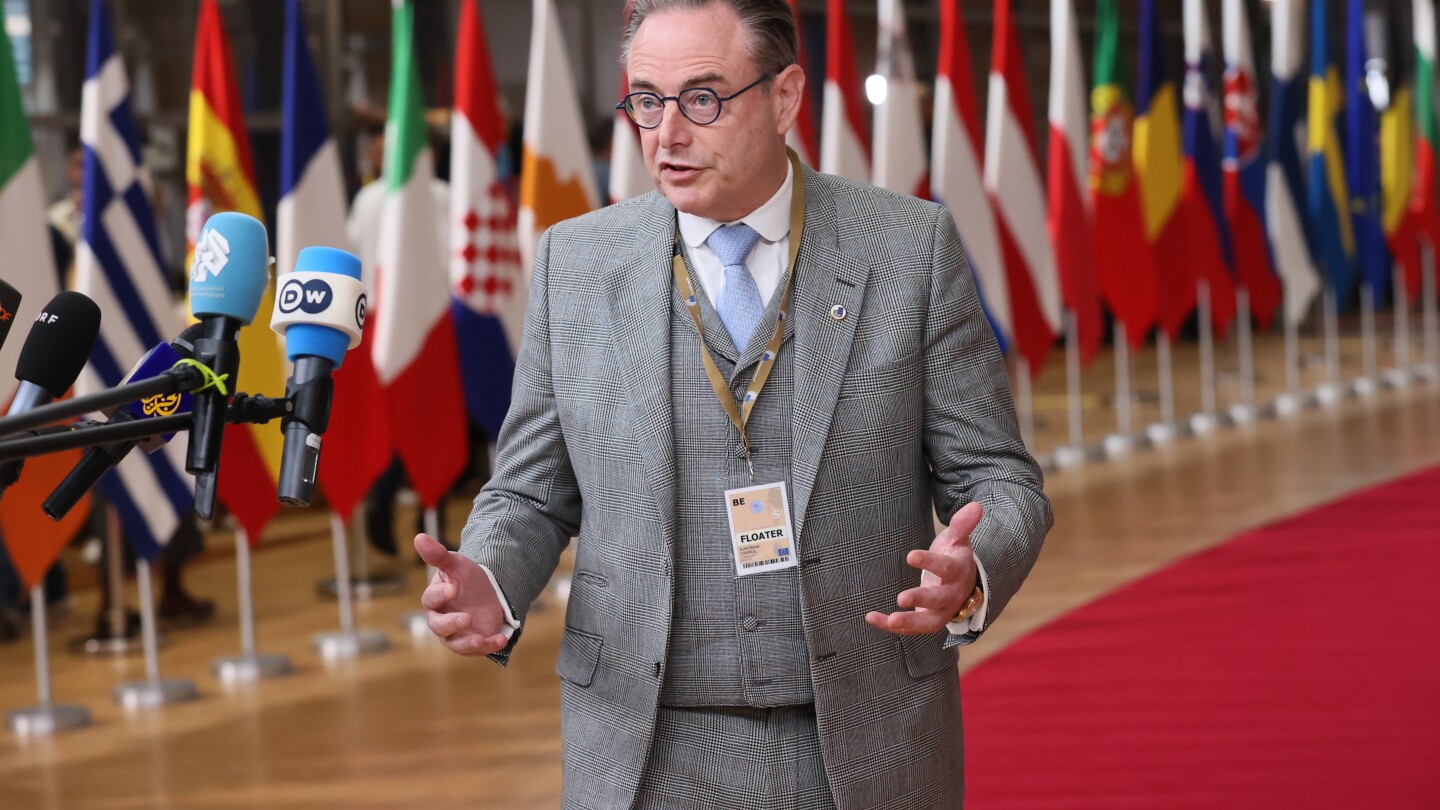UPDATE: Belgian Prime Minister Bart De Wever has issued a stark warning to European Union partners, stating they must share the risk involved in using billions in frozen Russian assets to support Ukraine amid its ongoing war efforts. This urgent plea comes as the EU considers a plan to help Ukraine cover an estimated $153 billion budget and military requirement for 2026 and 2027.
In a press conference in Brussels earlier today, De Wever emphasized the need for collective action, declaring, “If we want to give them to Ukraine, we have to do it all together.” He expressed concern over potential Russian retaliation, warning that Belgium, as a smaller country, could face severe consequences. “That’s not very reasonable,” he added, highlighting the risks of confiscations of Western bank assets and European-owned companies in Russia.
The proposed EU plan involves using frozen Russian assets, primarily held in Belgium, as collateral to secure loans for Ukraine. The total value of these assets is estimated at $225 billion. The European Commission describes this initiative as a “reparation loan,” which would involve EU nations guaranteeing a loan of approximately $165 billion to Ukraine. This money would not directly come from the frozen assets, but would be repaid by Ukraine once Russia compensates for war damages.
Concerns are mounting as Dmitry Peskov, a spokesperson for the Kremlin, rejected the EU’s intentions, labeling them as “plans to illegally confiscate Russian property.” In a response, European Commission President Ursula von der Leyen insisted, “We are not confiscating the assets, but we are taking the cash balances for a loan to Ukraine.” She stressed that it is imperative for Russia to be held accountable for the devastation it has caused, asserting that Ukraine should only repay the loan if Russia pays reparations.
As the situation develops, De Wever has called for clarity on the legal basis for the EU’s decisions. “I haven’t even seen the legal basis for the decision yet,” he stated, underscoring the unprecedented nature of this initiative. He further noted, “This has never been done. Even during the Second World War, we didn’t do this, so it’s not a detail.”
The urgency of this issue cannot be understated, as EU leaders prepare for discussions on this contentious topic. The outcome of these negotiations will significantly impact Ukraine’s capacity to sustain its economy and military in the face of ongoing aggression.
Stay tuned for further updates as this critical situation unfolds.







